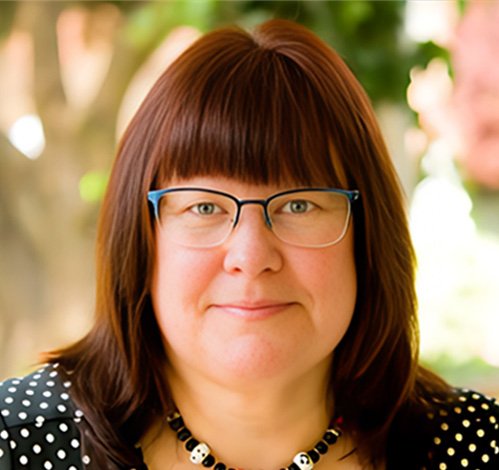|
|
Last Modified on Aug 04, 2022
When it comes to property distribution during a divorce, you will see a couple of different phrases come up. These phrases are “community property” and “equitable distribution”. Each of these are guidelines on how property is split and which is used is depending on the state where you live. In California, we follow the guidelines of “community property”.
What does that mean? When it pertains to asset distribution, community property means that each party is entitled to half of the total marital assets. When it comes to figuring what the value of the marital asset are, there are many things to take in to account. The first thing is that not all assets owned by each party are considered to be marital assets. Property and items of value that were owned prior to the marriage are considered to be separate property and are not taken into account. There are times where separate property may become marital property. This is called transmutation. This would be an official declaration that needs to be documented and signed off by the party that stands to be negatively affected by this change.
Dividing Assets is a Big Challenge
In most cases, unless the asset is sold off for cash, which can easily be divided, it is extremely difficult to split assets. You can’t cut a house, a car, or a work of art in half. Businesses that were started during the marriage area also subject to the community property rule. However, one spouse may have no interest in running a business, and if the business is a professional services business, such as a CPA or a doctor, the spouse cannot own or run the business if they were not already doing so.
In cases such as these, there are ways that the courts will deal with these obstacles. In some cases, the court may order that the asset be sold and the proceeds divided. In other cases, individual items will not be split, but the total value of the assets will be split meaning that one spouse may keep the house, and the other may keep the business. Effectively, as it pertains to certain assets, one spouse may buy out the other spouse’s interest in the asset.
The biggest challenge in asset distribution is agreeing on the value of the asset. The spouse that owns a business may claim the business is worth significantly less than it is actually worth, while at the same time claim that the house they are going to vacate is worth much more than it is worth.
There is also the issue of hidden assets as we have discussed in our blog.
Tracy Duell-Cazes is a certified family law specialist, recognized and licensed by the California State Bar and has held this certification since 2002. Tracy is well-versed in the area of community property and will work with you to ensure that the final asset distribution as even and fair. Tracy works in all areas of family law. Call our office at 408-267-8484.





